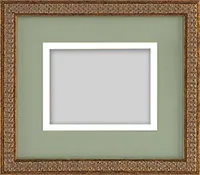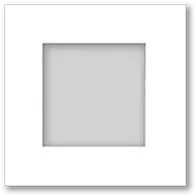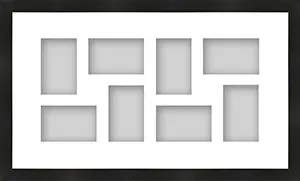Ok
Ok
What is the question
Cancel
My Account
Log In
Favorites
Saved Designs
Log In
Shopping Cart
Search
Clear Coat
Definition
A Clear Coat is a transparent, protective finish applied over a surface to preserve its appearance, prevent damage, and enhance durability. Clear coats can be used on wood, metal, artwork, or decorative finishes to provide protection against moisture, abrasion, UV light, and chemical exposure.
Types of Clear Coats
- Aqueous Clear Coats: Water-based coatings that dry quickly, have low odor, and are environmentally friendly.
- Oil-Based Clear Coats: Provide a hard, durable finish but require longer drying times and proper ventilation.
- Lacquer: Fast-drying, solvent-based clear coat offering high gloss and smooth finishes.
- Varnish: Traditional protective coating for wood or gilded surfaces, offering flexibility and resistance to yellowing.
- Polyurethane: Highly durable clear coat used for high-traffic surfaces or outdoor applications.
Uses in Art and Framing
Clear coats are often applied to framed artworks, sculptures, and decorative finishes to:
- Protect gilded surfaces or Gilt Cream from tarnish or wear.
- Seal oil-based or acrylic paints to prevent dust accumulation and UV fading.
- Provide a uniform gloss, satin, or matte appearance depending on aesthetic preference.
- Increase the lifespan of delicate finishes such as Oil Gilded surfaces.
Application Tips
- Ensure the surface is clean and dry before applying the clear coat.
- Apply thin, even layers to avoid drips or pooling.
- Allow adequate drying time between coats for maximum durability.
- For water-based coatings, avoid excessive humidity during application.
- Sand lightly between coats if a smoother finish is desired.
Related Terms









